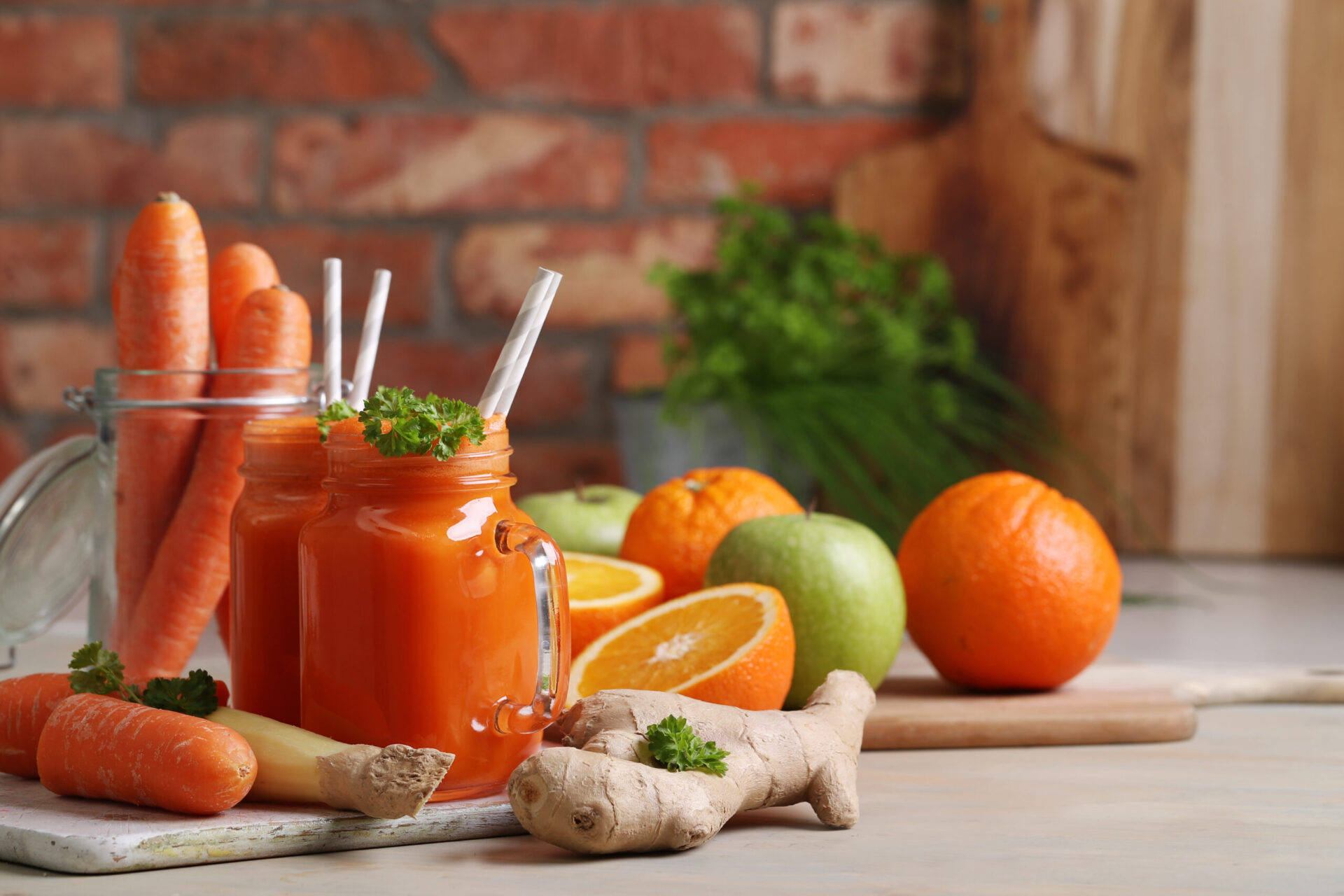As a part of a well-balanced diet, vegetables and fruits sure constitute an important part. A diet rich in vegetables and fruits can help lower blood pressure, reduce the risk of heart disease and stroke, prevent some types of cancer, lower risk of eye and digestive problems, and have a positive effect upon blood sugar, which can help keep appetite in check. Eating non-starchy vegetables and fruits like apples, pears, and green leafy vegetables may even promote weight loss. Their low glycemic loads prevent blood sugar spikes that can increase hunger.
The WHO has recommended a daily intake of at least 400 grams of fruits and vegetables excluding potatoes, cassava and other starchy tubers to prevent diet-related chronic diseases and micronutrient deficiencies. Similarly, National Nutrition guidelines recommend average daily consumption of 300 g for vegetables (portion size = 100 gm × no. of portions = 3).There is no question that eating your vegetables is good for your health, but what about drinking them?
Vegetable/fruit juice-based diets have been very popular recently, so much that juicing vegetables is one of the latest health trends. However, well designed controlled research studies with clinical outcome measures providing scientific evidence of potential health benefits of juice only diets are limited. This article deals with everything you need to know about juicing your veggies.
Juicing Versus Eating Whole Fruits and Veggies:Juicing advocates’ often claim that drinking juice is better for you than consuming whole fruits and vegetables, because removing the fiber makes it easier for nutrients to get absorbed. However there is no scientific evidence to support the same. The digestive system is designed to handle fiber and effectively extract nutrients from a variety of foods, including whole fruits and vegetables.
Juices as a meal-replacement or for weight loss: Using juices to lose weight is merely a fad diet and it can be harmful to your body. Juice cleanses that are marketed to “detoxify” your body and help you lose weight can slow down your metabolism because they have no protein or fat. In addition, there is no evidence that your body needs to be detoxified by depriving yourself of certain foods; your body is designed to remove toxins on its own using organs like the liver, kidneys, and colon.Any weight you lose on a juice diet would be the result of fewer calories, but meanwhile your body may not get enough protein from a juice diet. Lack of enough protein can cause you to lose muscle mass.
Juicing lacks fiber: Iteliminates the healthy fiber naturally found in vegetablesthat helps to keep you feeling full, reduces risk of heart disease, and lowers the cholesterol.
Juice Safely:If you are making your own juice, try to make it fresh each time and drink it right after you make it.
Juicing toxicity:
The bottle gourd (Lagenariasiceraria) is popularly known as lauki, ghia or dudhi in India. Its consumption is advocated by traditional healers for controlling diabetes mellitus, hypertension, liver diseases, weight loss and other associated benefits. However, in last few years there have been reports of suspected toxicity due to consumption of its juice.
Three deaths were reported, one from Delhi and two from Uttar Pradesh after consumption of extremely bitter bottle gourd juice. Cucurbitaceae family, of which bottle gourd is a member contains the toxic tetracyclic triterpenoid compounds called cucurbitacins which are responsible for the bitter taste.
Things to keep in mind before juicing bottle gourd:
- A small piece of bottle gourd should be tasted before extracting the juice to ensure that it is not bitter. If bitter, it should be discarded.
- Bitter bottle gourd juice should not be consumed at all.
- Bottle gourd juice should not to be mixed with any other juice.
- In case of discomfort after consumption (nausea, vomiting, diarrhea or any feeling of uneasiness), the person should be immediately taken to a nearby hospital.
Bottom line: Juicing is an easy and effective way to add more vegetables to your diet, whilst ensuring that the fibers are not strained out.
References:
- http://www.center4research.org/6-things-need-know-juicing-veggies/
- https://www.hsph.harvard.edu/nutritionsource/what-should-you-eat/vegetables-and-fruits/
- Diet, nutrition and the prevention of chronic diseases. Report of a Joint FAO/WHO Expert Consultation. 2003
- Hyderabad: National Institute of Nutrition; 2011. Dietary guidelines for Indians: A manual.
- Health benefit of vegetable/ fruit juice-based diet: Role of microbiome. www.nature.com/scientificreports Susanne M. Henning , Jieping Yang, Paul Shao, Ru-Po Lee, Jianjun Huang, Austin Ly, Mark Hsu, Qing-Yi Lu, Gail Thames, David Heber &Zhaoping Li
- Assessment of effects on health due to consumption of bitter bottle gourd (Lagenariasiceraria) juice. Indian J Med Res.
Author: Ms. Laxmi Govekar (MSc. CND)

